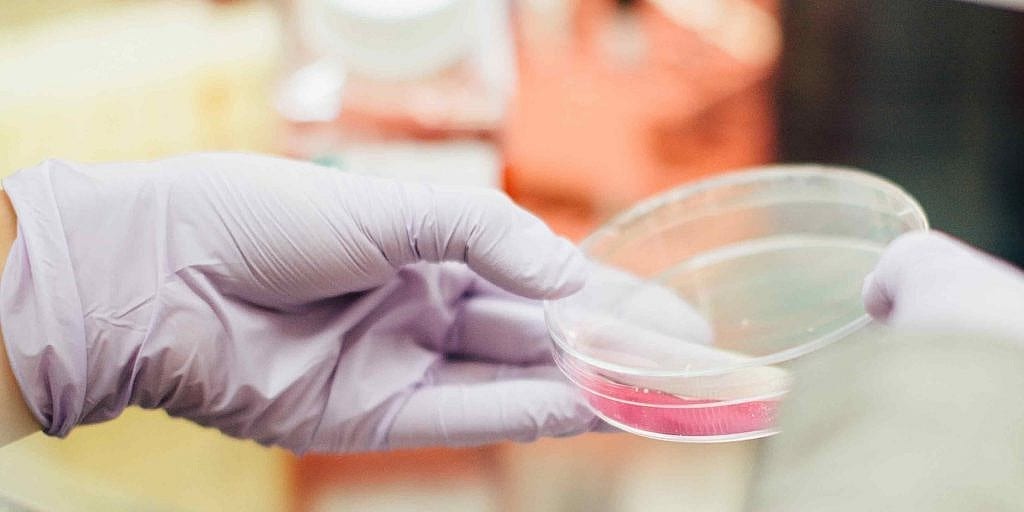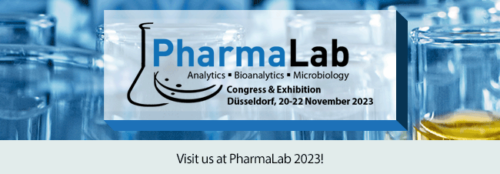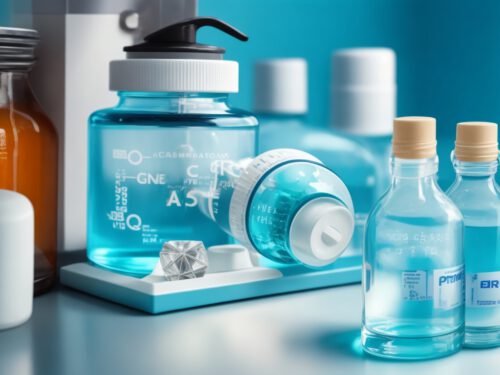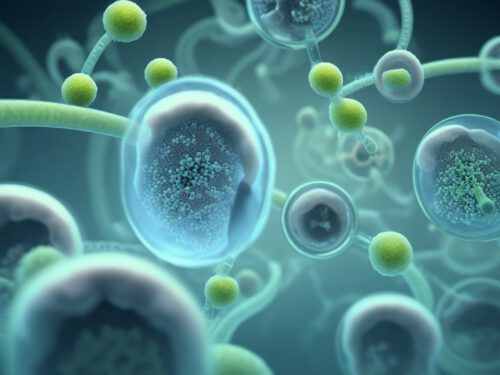Introduction
Mycoplasma contamination poses a significant risk to biotechnology and cell culture laboratories worldwide. These tiny bacteria-like organisms are difficult to detect, yet they can wreak havoc on scientific research, biopharmaceutical production, and cell-based therapies. In this blog post, we will explore the importance of Mycoplasma testing and the methods employed to ensure the quality and integrity of biological materials.
The Threat of Mycoplasma Contamination
Mycoplasma species are known to infect a wide range of eukaryotic cells, including human, animal, and plant cells. Although they do not typically cause immediate visible changes, Mycoplasma contamination can lead to altered cell behavior, affecting the reliability and validity of experimental results. Common consequences include changes in growth characteristics, gene expression, and protein production. If left undetected, contaminated cultures can compromise scientific data, delay research projects, and jeopardize the safety of biopharmaceutical products.
The Importance of Mycoplasma Testing: To mitigate the risks associated with Mycoplasma contamination, regular testing is crucial in biotechnology and cell culture laboratories. Here are some key reasons why Mycoplasma testing should be an integral part of laboratory protocols:
- Ensuring Reliable Experimental Results: Mycoplasma contamination can introduce unwanted variables, leading to erroneous data interpretation. By implementing routine testing, researchers can minimize the risk of misinterpretation and ensure the accuracy of their experimental outcomes.
- Protecting Cell Lines and Biopharmaceutical Production: Mycoplasma can rapidly spread through cell culture facilities, affecting multiple cell lines and biopharmaceutical production processes. By implementing stringent testing protocols, laboratories can identify and isolate contaminated cultures promptly, preventing the spread of Mycoplasma to other valuable assets.
- Preserving Cell-Based Therapies: Mycoplasma contamination poses a severe threat to the production of cell-based therapies, such as stem cell therapies and tissue engineering. These therapies hold immense potential for treating various diseases, and ensuring their safety and efficacy requires rigorous testing to exclude Mycoplasma contamination.
Methods of Mycoplasma Testing
Several techniques are available for Mycoplasma testing, including:
- PCR (Polymerase Chain Reaction): PCR-based methods are widely used due to their high sensitivity and specificity. They detect the presence of Mycoplasma DNA by amplifying specific target regions within the bacterial genome.
- Culture-Based Methods: Traditional culture-based techniques involve growing samples on specialized media and observing the characteristic growth patterns of Mycoplasma colonies. Although time-consuming, this method allows for the isolation and identification of Mycoplasma species.
- Fluorescence-Based Methods: These methods utilize fluorescent dyes that specifically bind to Mycoplasma DNA or enzymatic activities. Fluorescence microscopy or flow cytometry can then be employed to visualize and quantify the presence of Mycoplasma.
Conclusion
Mycoplasma contamination poses a significant threat to biotechnology, cell culture, and cell-based therapies. By implementing routine Mycoplasma testing, laboratories can safeguard their research integrity, protect valuable cell lines, and ensure the safety and efficacy of biopharmaceutical products. With a variety of testing methods available, it is essential to choose the most appropriate technique based on sensitivity, specificity, and efficiency. By prioritizing Mycoplasma testing, we can uphold the highest standards of scientific excellence and advance our understanding of the biological world.






